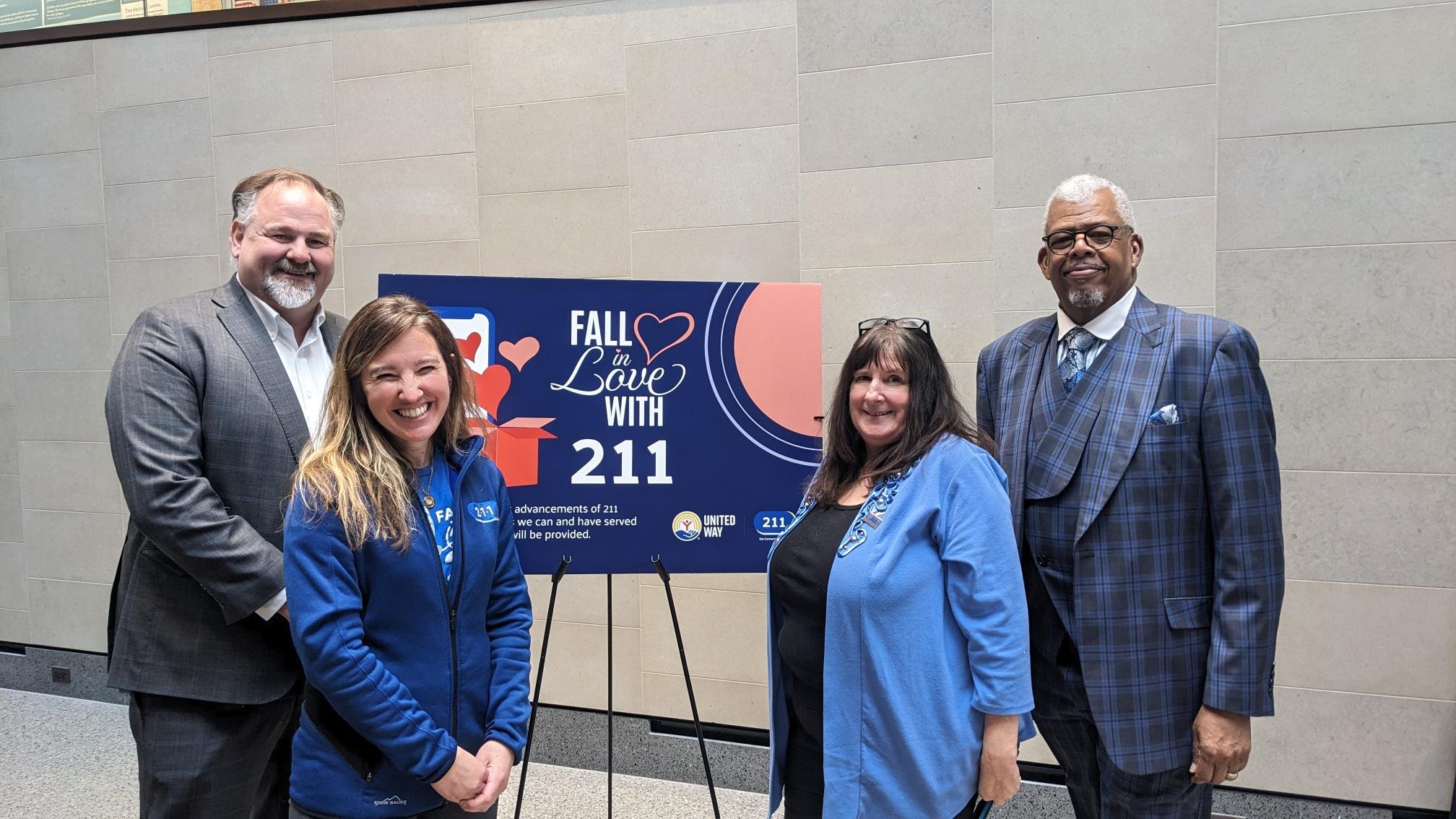
Public Policy
Why We advocate
The Michigan Association of United Ways represents the largest network of non-governmental service providers and service funders in Michigan, so we use our voice to call for effective public policy to better the health, education, and financial stability of every person in every community. We know that United Ways can’t create lasting change alone, which is why we work with state and federal policy makers to support effective public policy that ensures Michigan families, and their communities, can thrive.
Who we advocate for
Far too many hard-working families struggle to provide for their basic needs and lack access to the economic opportunities they need to thrive in a fast-changing world. We work to create opportunities for ALICE - Asset Limited, Income Constrained, Employed - households - Michigan residents who work and pay taxes, but struggle to make ends meet.
ALICE households exist in every corner of the state - from urban Detroit, to the suburbs of Grand Rapids, and the rural communities of Northern Michigan. Our public policy priorities call for common sense public policy that can help to address the root causes of need for our ALICE households, create greater efficiencies in health and human services delivery, and continue our mission to fight for the health, education, and financial stability of every person in every community.
2024 Public Policy Priorities
Earned Income Tax Credit
Michigan 2-1-1
Postsecondary attainment
Accessible Childcare
Affordable Housing

Earned Income Tax Credit
The time is now to increase in the state EITC to positively impact Michigan’s working families, businesses, and communities.
An expansion of the Earned Income Tax Credit offers an opportunity to significantly increase the economic well-being of all Michiganders, including the hard-working ALICE families who are employed but still struggle to make ends meet. The Earned Income Tax Credit encourages work and helps families pay for necessities that keep them working, like home repairs and vehicle maintenance. The time is now to support a proven tool to positively impact Michigan’s working families, businesses and communities.

Michigan 2-1-1
Give ALICE an effective, non-bureaucratic connection to faith-based, nonprofit, and public resources before their needs become costly emergencies - support 2-1-1.
In 2021, Michigan 2-1-1 responded to more than 725,000 requests for assistance for a range of resources, from workforce development to health, housing, and utility assistance. The statewide 2-1-1 database provides individuals and families access to nearly 40,000 services through 7,000 local, state, and national agencies. Largely supported by United Way, 2-1-1 is Michigan’s only comprehensive community resource information system. It’s innovative and synergistic approach responds to the needs of individuals and communities in crisis 24/7/365.

Postsecondary Attainment
Address Michigan’s skills gap and help ALICE gain the skills needed to get ahead by removing financial barriers to credential and degree attainment for working adults.
Seventy percent of all jobs in Michigan require some postsecondary education, Michigan Reconnect helps address the state’s widening talent gap. Median earnings for those with a high school degree or GED is $32,435 versus $50,821 for those with some college or associates degree.

Accessible Childcare
Remove the child care barrier for ALICE - ensure access through increased child care provider payments and affordability for ALICE families.
Accessible and affordable childcare is a barrier faced by families across the state of Michigan. Today, the least expensive licensed child care for an infant and preschooler is $18,600 annually, exceeding the annual cost of housing, food, or transportation. Employers are having to dig deeper into the labor pool to find qualified candidates, accessible and affordable childcare is a barrier for many.

Affordable housing
Ensure ALICE families have access to affordable homes.
ALICE families are challenged to find affordable housing and often spend a disproportionate amount of their income on housing. As a result, they are frequently forced to make difficult basic needs choices, live in unhealthy housing, have long commutes to work, and in the worst cases face homelessness.





